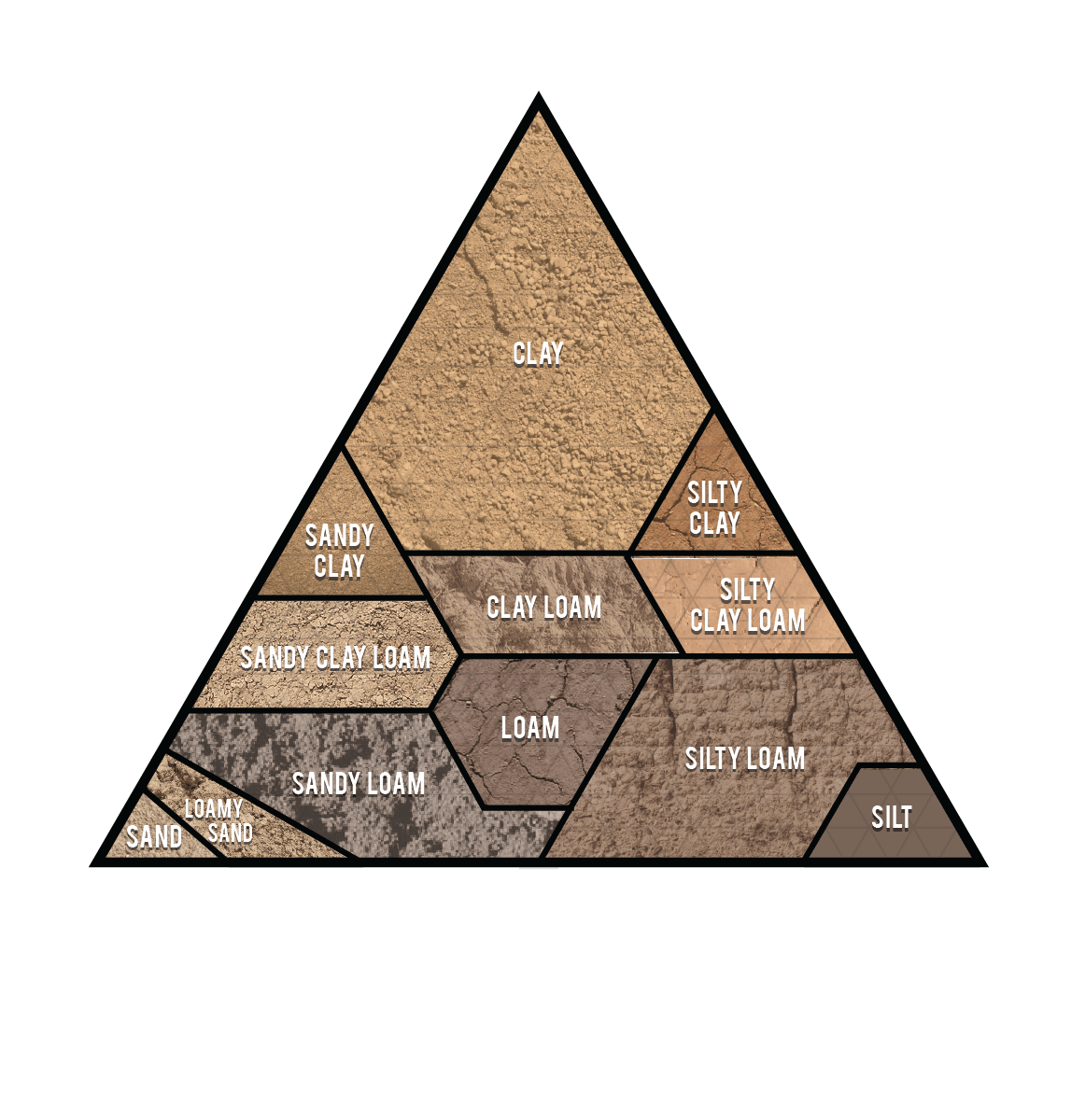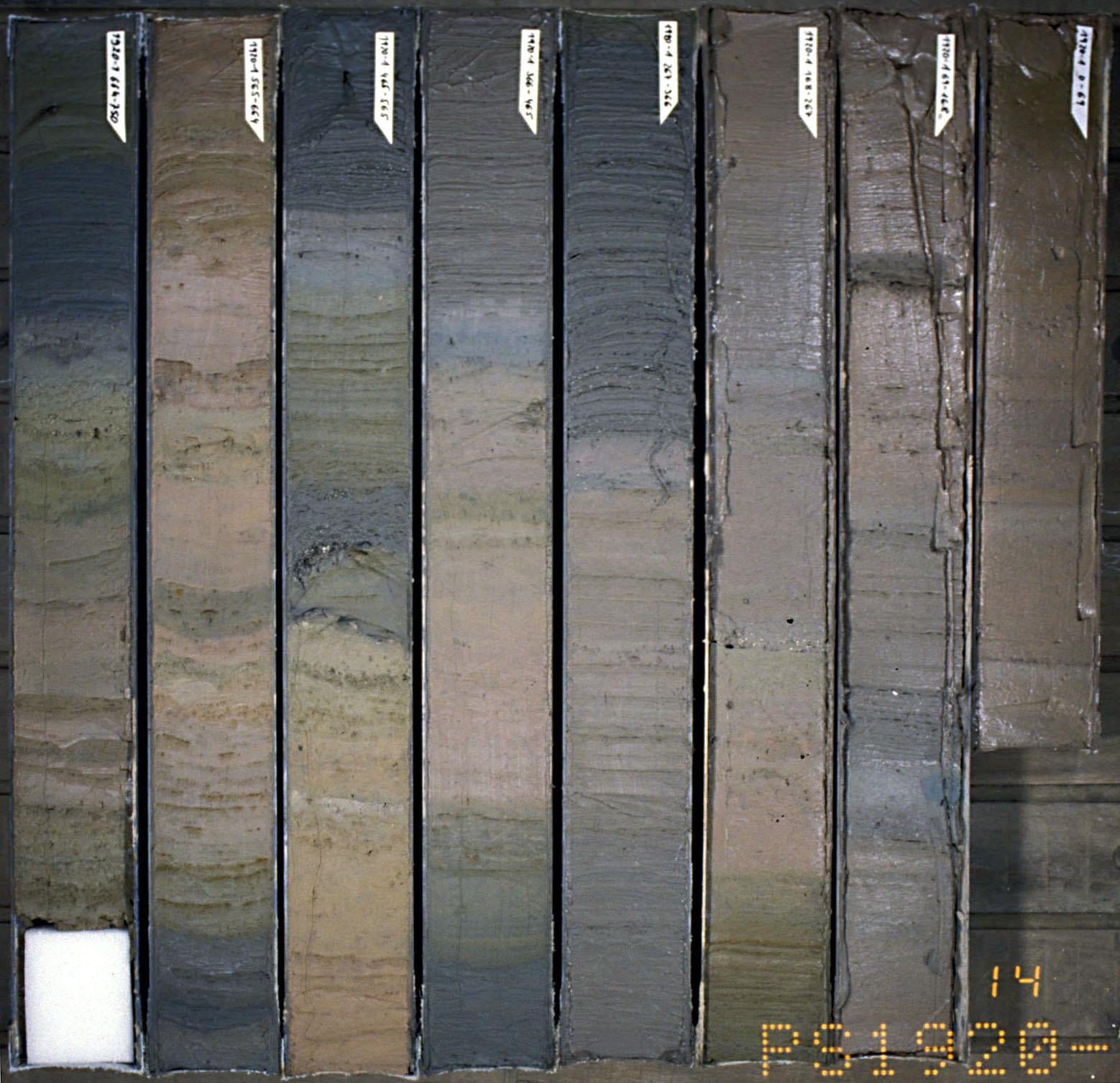I'm doing mainly hydroponics by now, but still have some pots on my balcony with soil in them, and I don't plan to change that.
Most of them are just "there" and filled with flower mixes for insects, aka weeds.
Those aren't high value crops for me, but still, I'm seeing them as test subjects.
The soil is mostly highly organic and I built it up myself from scratch.
A big portion of it is actually mushroom mycelium blocks, aka decomposed hardwood and millet, with some rock meal, LECA and compost on top.
Maybe that information is relevant, idk.
I pay a lot of attention to the biological activity, e.g. earthworms and springtails. There seems to be lots of decomposition happening.
The pots are already in use for at least one year, and I've always watered them with tap water.
Now, the blackberries, growing in one of my oldest pots, the only one with a high clay content, is showing signs of a deficiency, even though I put more than enough organic fertiliser in it last year.
I suspect it's because of my watering habits. My tap water doesn't contain any chlorine or other harmful stuff, but still, lots of Calcium, Magnesium and carbonates. It has a high pH, sometimes reaching even 8+!
The plants are thirsty and need lots of it, so I just wanna know how bad it really is.
I know that the availability of nutrients is depending on pH and other ions, but does it really matter in soil?
Last year, when I made a new batch, my soil was contaminated with something highly alkaline, and the drain off pH has been 10+ for some time, but still, the plants coped very well with it and didn't show much signs of deficiencies.
It's now in the 8-ish range, but I can't say it for sure because my testing methods are shit, see my other post.
Does it have something to do with the microbes living in it?
Pictures



